Dodge, a brand synonymous with high-horsepower cars and SUVs, is taking on a significant challenge with its Hornet compact crossover. Despite the company’s history of selling popular vehicles like minivans and three-row crossovers, the Hornet is struggling to gain traction in the market. But why is this happening?
A Look Back: The Success of the Caravan and the Great Journey –
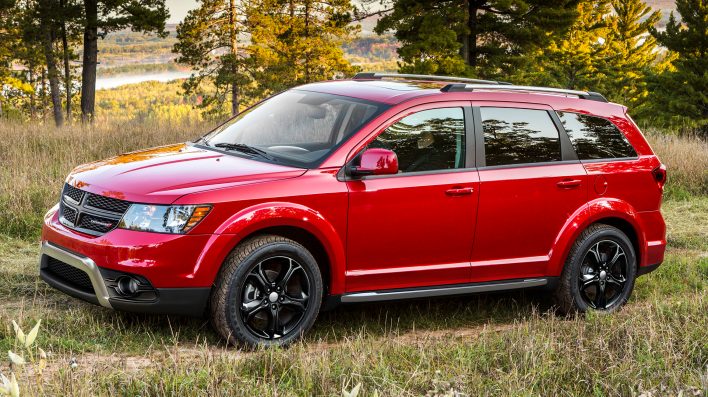
In 2019, Dodge sold 422,888 vehicles in the US, a slight decrease from the previous year. However, this number was significantly boosted by the Grand Caravan minivan and the Journey crossover. Together, these models accounted for nearly half of Dodge’s sales that year—197,335 units to be exact. The Grand Caravan alone sold 122,648 units, while the Journey added another 74,687.
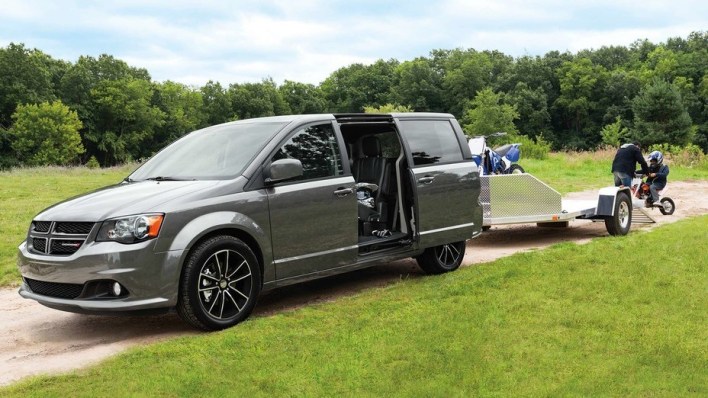
Despite being older models of average quality compared to their competitors, the Grand Caravan and Journey were strong sellers because of their value. They were affordable and practical and offered ample space for families. For example, the 2019 Grand Caravan SE had a starting MSRP of $28,535, equivalent to $35,012 today with inflation. Similarly, the 2019 Journey SE started at $24,740, about $30,356 in today’s dollars.
Enter the Hornet: A New Era for Dodge –
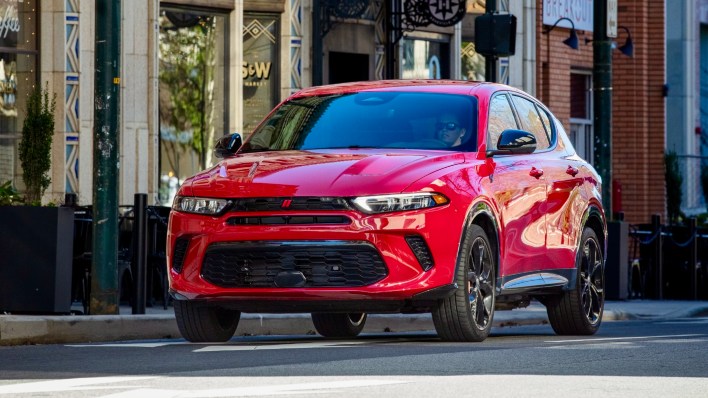
In an effort to revive its lineup, Dodge introduced the Hornet, a compact crossover that aims to provide a modern people-mover option. The Hornet offers impressive performance on paper. The GT model features a 2.0-liter Hurricane4 turbocharged four engine that produces 268 horsepower and 295 lb.-ft. of torque. The R/T model, a plug-in hybrid, combines a turbocharged 1.3-liter inline-four with an electric motor to produce 288 horsepower and 383 lb.-ft. of torque.
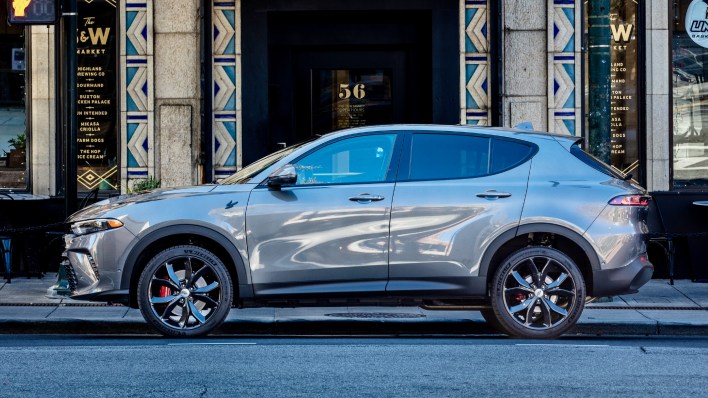
Despite these strong specs, the Hornet has struggled to attract buyers. One main reason is its price. The Hornet GT starts at $31,400, and the R/T model starts at $41,400. These prices are significantly higher than those of the Grand Caravan and Journey.
The price problem –
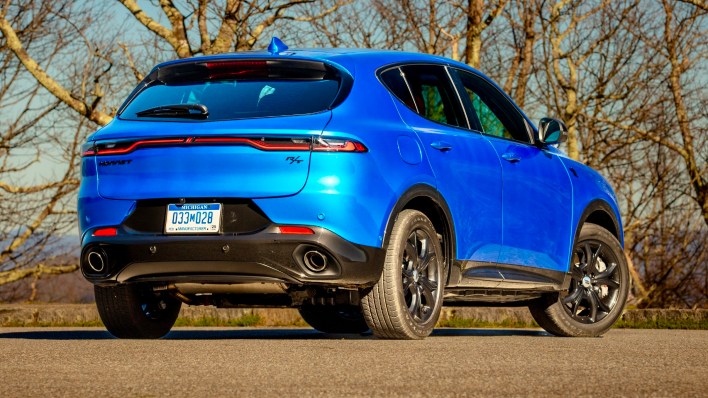
The Hornet’s high starting price puts it in direct competition with more premium brands. For example, the Audi Q5 Premium Quattro starts at $45,300, the BMW X1 xDrive28i at $40,500 and the Mercedes GLA 250 4MATIC from $45,000. Even within its segment, the Hornet GT faces stiff competition from cheaper alternatives. The Ford Escape ST-Line with standard AWD starts at $30,490, the Kia Seltos LX AWD at $24,490, the Chevrolet Equinox LS AWD at $29,595 and the Hyundai Tucson SE AWD at $29,100.
Additionally, Stellantis’ Jeep® Compass Sport 4×4, which shares the same architecture and engines as the Hornet GT, starts at $25,900. The Mexican-built Compass is $5,500 cheaper than the Hornet GT, highlighting a significant price discrepancy within the company’s lineup.
The need for affordable people movers –
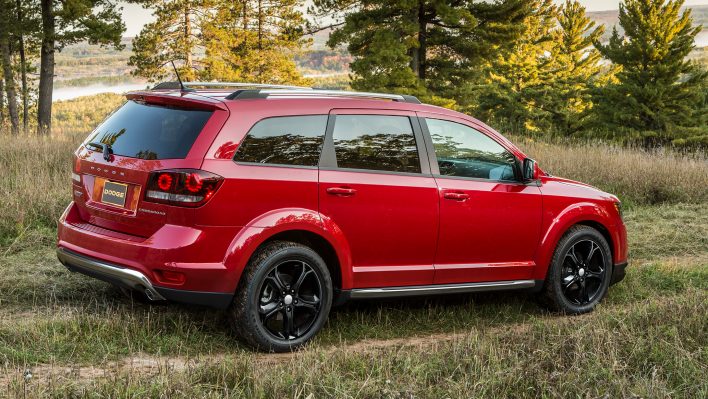
The discontinuation of the Grand Caravan and Journey in 2020 left a void in Dodge’s lineup. These affordable and practical models offer three rows of seats and ample storage space. Their success demonstrated that Dodge’s strength lay in providing value-based, family-friendly vehicles.
In 2023, Dodge’s US sales fell to 199,453 units, barely above the combined sales of the Grand Caravan and Journey in 2019. The Hornet accounted for just 9,314, or about 4.6% of those sales.
A way forward –
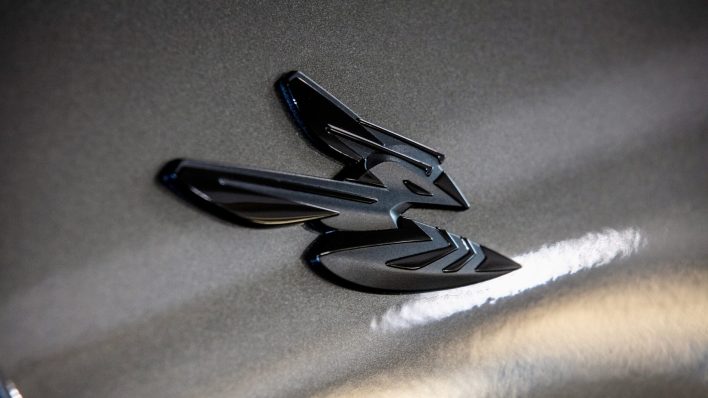
To regain its footing, Dodge needs to address the Hornet’s pricing. One possible solution is to produce the Hornet alongside the next-generation Compass at Assembly’s Brampton plant in Ontario, potentially lowering production costs. Dodge can better compete with rivals and attract more buyers by making the Hornet more affordable.
The Hornet is not a bad tool by any means. It offers solid performance and modern features. However, without a more competitive price point, it struggles to attract the value-conscious buyers who once flocked to the Grand Caravan and Touring.
Dodge’s future success depends on its ability to reintroduce practical and affordable vehicles that appeal to families. Hornet’s current efforts highlight a broader need for the brand to return to its roots as a provider of value-based, family-friendly vehicles.
#Dodges #Hornet #faces #uphill #battle #competitive #market
Image Source : moparinsiders.com

